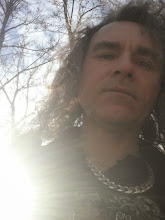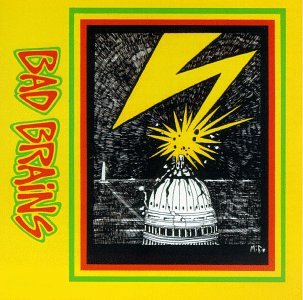But if life itself is good and pleasant (which it seems to be, from the very fact that all men desire it, and particularly those who are good and supremely happy; for to such men life is most desirable, and their existence is the most supremely happy) and if he who sees perceives that he sees, and he who hears, that he hears, and he who walks, that he walks, and in the case of all other activities similarly there is something which perceives that we are active, so that if we perceive, we perceive that we perceive, and if we think, that we think; and if to perceive that we perceive or think is to perceive that we exist (for existence was defined as perceiving or thinking); and if perceiving that one lives is in itself one of the things that are pleasant (for life is by nature good, and to perceive what is good present in oneself is pleasant); and if life is desirable, and particularly so for good men, because to them existence is good and pleasant for they are pleased at the consciousness of the presence in them of what is in itself good); and if as the virtuous man is to himself, he is to his friend also (for his friend is another self):-if all this be true, as his own being is desirable for each man, so, or almost so, is that of his friend. Now his being was seen to be desirable because he perceived his own goodness, and such perception is pleasant in itself. He needs, therefore, to be conscious of the existence of his friend as well, and this will be realized in their living together and sharing in discussion and thought; for this is what living together would seem to mean in the case of man, and not, as in the case of cattle, feeding in the same place.
Aristotle, On The Soul
Aristotle, On The Soul

This dialogue, proposed to Jacques Derrida by the historian Elisabeth Roudinesco, brings together two longtime friends who share a common history and an intellectual heritage. While their perspectives are often different, they have many
 common reference points: psychoanalysis, above all, but also the authors and works that have come to be known outside France as “post-structuralist.”
common reference points: psychoanalysis, above all, but also the authors and works that have come to be known outside France as “post-structuralist.”Beginning with a revealing glance back at the French intellectual scene over the past forty years, Derrida and Roudinesco go on to address a number of major social and political issues. Their extraordinarily wide-ranging discussion covers topics such as immigration, hospitality, gender equality, and “political correctness”; the disordering of the traditional family, same-sex unions, and reproductive technologies; the freedom of the “subject” over and against “scientism”; violence against animals; the haunting specter of communism and revolution; the present and future of anti-Semitism (as well as that which marked Derrida’s own history) and the hazardous politics of criticizing the state of Israel; the principled abolition of the death penalty; and, to conclude, a chapter “in praise of psychoanalysis.”
These exchanges not only help to situate Derrida's thought within the milieu out of which it grew, they also show more clearly than ever how this thought, impelled by a deep concern for justice, can be brought to bear on the social and political issues of our day. What emerges here above all, far from an abstract, apolitical discourse, is a call to take responsibility—for the inheritance of a past, for the singularities of the present, and for the unforeseeable tasks of the future.

















